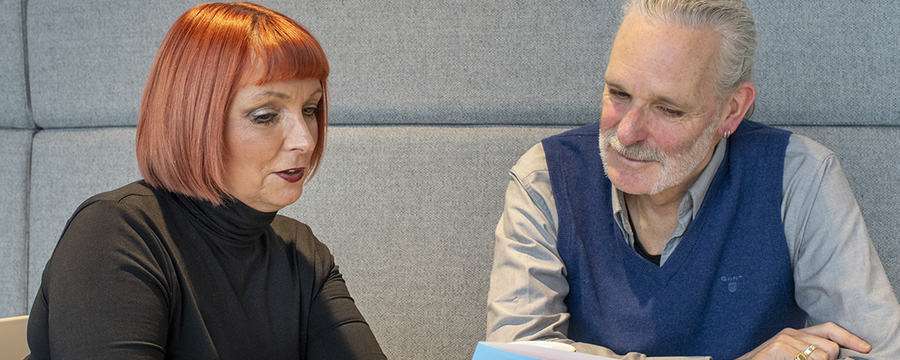Home / Healthcare & Medicine / Cancer / Talking About Cancer: Reducing Risk, Early Detection and Myth-busting / Why do we need to talk about cancer?
This article is from the free online
Talking About Cancer: Reducing Risk, Early Detection and Myth-busting


Reach your personal and professional goals
Unlock access to hundreds of expert online courses and degrees from top universities and educators to gain accredited qualifications and professional CV-building certificates.
Join over 18 million learners to launch, switch or build upon your career, all at your own pace, across a wide range of topic areas.




